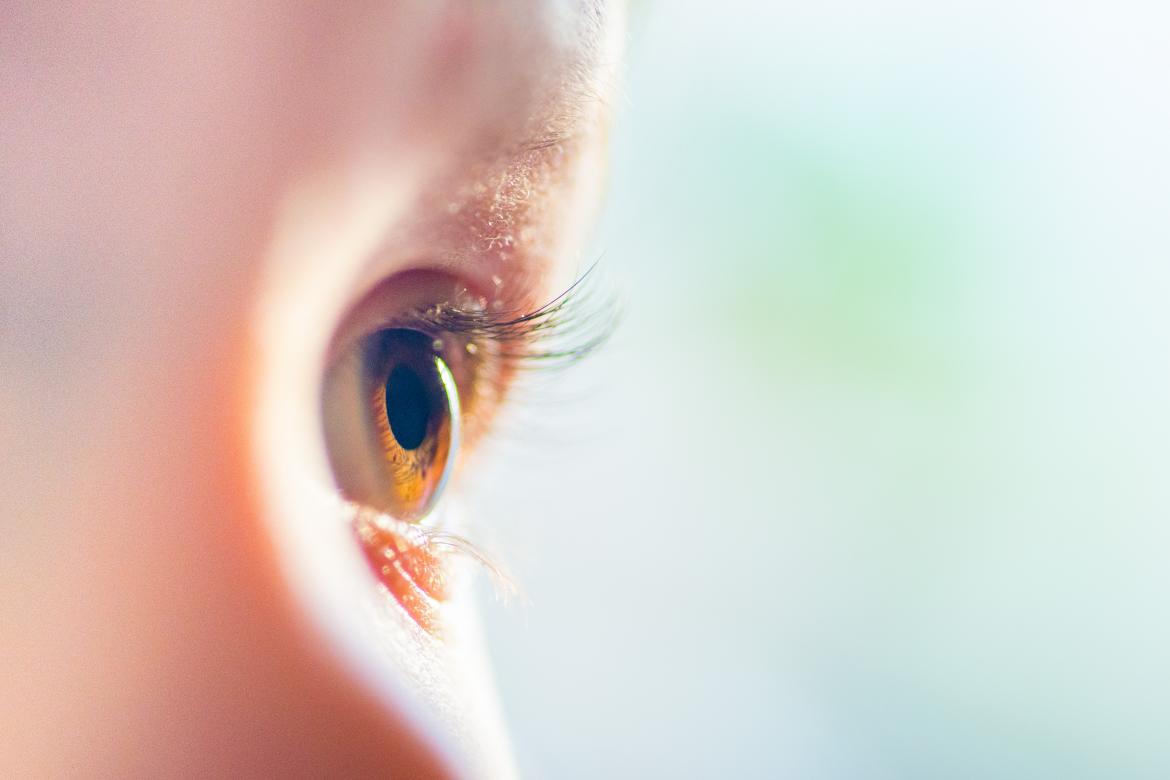Can you have glaucoma in young age?

Glaucoma tends to become more common as we age, however can still occur in young age.
Very rarely, infants can be born with glaucoma, or can develop glaucoma in the first few months of life. This type of glaucoma is related to an underlying genetic condition, and is quite different from most adult-onset types. It can be visually devastating for a lifetime of poor vision. Fortunately, if detected and treated promptly, children with glaucoma can grow up to lead full lives with good vision. It usually involves eye surgery in infancy.
Also rare, glaucoma can occur in young adults or older teenagers. This tends to be similar to the various types of glaucoma that occur in older age, and often has a strong underlying genetic component. The treatment is similar to glaucoma that occurs in older adults, primarily by lowering the eye pressure with gentle laser, eye drops or occasionally glaucoma surgery.
Most glaucoma occurs later in life. We used to think glaucoma mainly occurred in the late 50s, 60s and onwards, with 1 in 10 Australians over 80 having glaucoma. However with more widespread OCT scans available in Optometry practices, which can detect early glaucoma damage to the optic nerve, we are detecting glaucoma earlier, commonly in the late 40s/early 50s. This is because the OCT scan can detect very fine thinning of the optic nerve and monitor for change over time – it is generally more sensitive than the human eye for this.
Early detection is excellent for glaucoma – the sooner we detect it, the sooner we can intervene to control the eye pressure and prevent further visual loss from occurring.
Whatever our age, glaucoma can develop slowly, silently without our awareness – that is why it is so important to get your eyes checked regularly. In Australia, people over the age of 50 are recommended to have their eyes checked every 2 years, generally by their Optometrist, and if they are at higher risk by their Ophthalmologist.